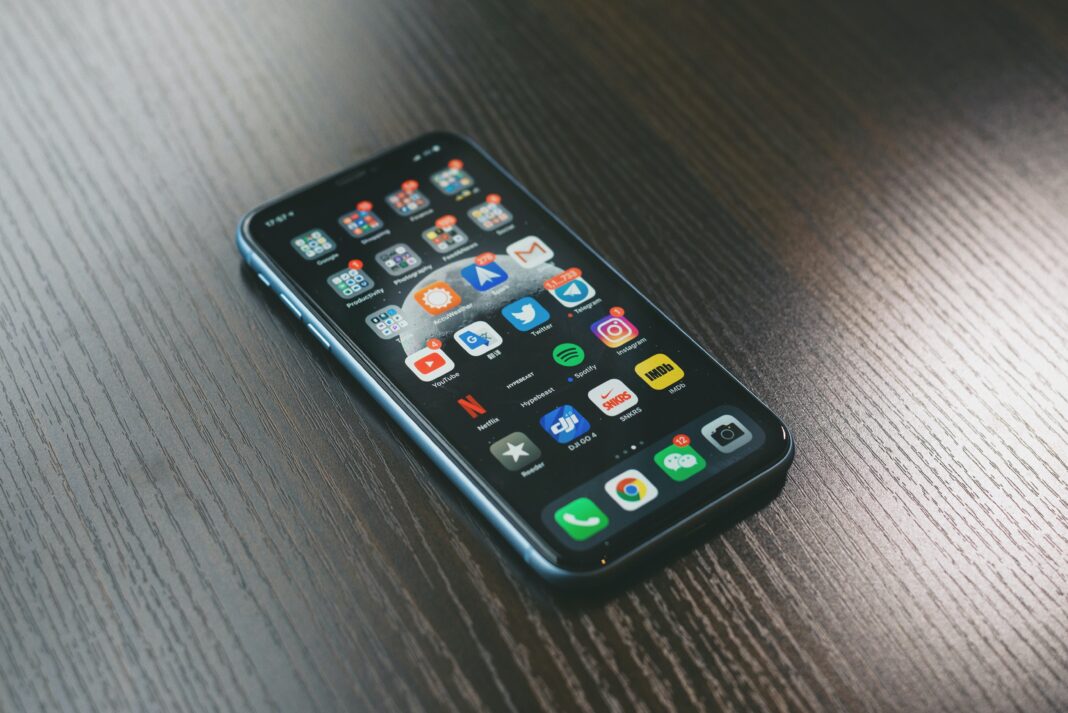SAN FRANCISCO—A federal judge in San Francisco heard a motion by WeChat users on Saturday, September 19, who temporarily blocked President Donald Trump’s executive order to ban the WeChat application.
A hearing by a federal judge in San Francisco U.S. District Court heard from a group of a Chinese messaging app WeChat users challenging President Trump’s ban to use WeChat throughout the U.S. WeChat is a Chinese-owned messaging app which has around 19 million users in the U.S. and is used by Chinese-speaking Americans for daily conversations with friends and family, but for business as well. Plaintiffs describe it as a “super-app” because of its many functions including video conference and payment.
During the hearing, Magistrate Judge Laurel Beeler noted that the executive order might harm protected speech of WeChat users in the United States.
“The plaintiffs’ evidence reflects that WeChat is effectively the only means of communication for many in the community, not only because China bans other apps, but also because Chinese speakers with limited English proficiency have no options other than WeChat,” said Judge Beeler.
On September 18, the U.S. Department of Commerce announced prohibitions on transactions of WeChat and TikTok, based on Trump’s executive order signed on August 6. The prohibition was supposed to take effect at 11:59 p.m. on September 20.
The federal government is worried that the app can help the Chinese government collect users’ data including network activity, location data, and browsing and search histories. It can lead to cooperation with the intelligence services of the CCP, which threatens national security. The justified ban order was based on “foreign adversary whose hostile acts are undisputed, and whose aspirations for global dominance are undisputed”, according to the U.S. Department of Commerce. Tencent, the company which owns WeChat denies such allegations.
The U.S. Department of Commerce was going to impose limitations on WeChat use, including any distributing, maintaining, and updating the app, and payment through it.
Against the government’s statement, Beeler argued that the ban of the app should not be justified and there are alternative ways to protect national security, such as banning WeChat from only government devices.







